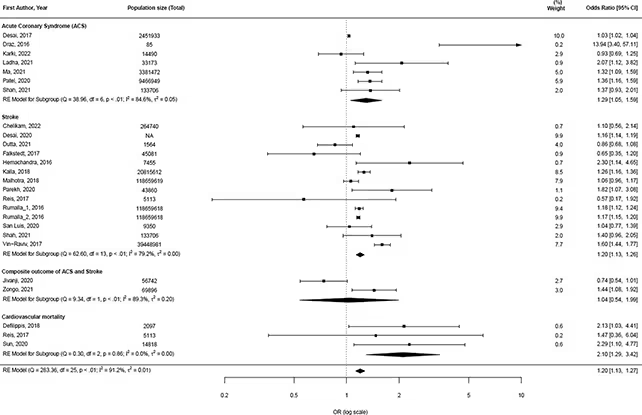3 Minutes
Emerging Evidence: Cannabis and Cardiovascular Health Risks
As cannabis legalization continues to expand globally for both medicinal and recreational purposes, a growing body of scientific research is shifting the conversation around its safety. A comprehensive new study led by scientists at the University of Toulouse in France has identified significant risks associated with cannabis consumption, particularly concerning heart health. According to the findings, cannabis users are twice as likely to die from cardiovascular disease, raising vital concerns for public health and clinical practice.
Study Overview: Analyzing Data from Millions
The research team conducted a detailed meta-analysis of 24 previously published studies from between 2016 and 2023, collectively encompassing data from approximately 200 million individuals worldwide. By synthesizing such a substantial pool of real-world data, the researchers aimed to clarify ongoing uncertainties regarding how cannabis affects the cardiovascular system.
Their analysis revealed that cannabis use is linked with a 29% increased risk for acute coronary syndrome (a condition involving reduced blood flow to the heart), a 20% higher risk for stroke, and—most strikingly—a 100% increase in mortality from cardiovascular disease compared to non-users. These major adverse cardiovascular events (MACE) include life-threatening conditions such as heart attacks and strokes.
In their published paper, the scientists state, "The findings reveal positive associations between cannabis use and MACE. These findings should encourage investigating cannabis use in all patients presenting with serious cardiovascular disorders."
Limitations and Context: Parsing the Data
Despite the robustness of their meta-analysis, the authors acknowledged several limitations. Key among these were inconsistencies in how individual studies defined and measured cannabis use, the reliance on self-reported consumption, and a lack of longitudinal tracking regarding frequency and duration of use. Such factors introduce a higher risk of bias and less statistical certainty, making it challenging to draw definitive cause-and-effect conclusions.
The study emphasizes that, while the association between cannabis and cardiovascular problems is strong, other confounding variables—such as lifestyle factors or comorbid health conditions—could be influencing the outcomes. Nonetheless, the sheer size of the dataset and the recency of the research provide an up-to-date and comprehensive snapshot of evolving cannabis consumption trends and related health outcomes.

Implications for Health Policy and Future Research
The researchers suggest these findings warrant closer medical oversight of cannabis use, particularly as product potency increases. They note that today’s cannabis products often contain higher concentrations of delta-9-tetrahydrocannabinol (THC), the primary psychoactive compound, compared to previous decades. This changing landscape—combined with shifts in user demographics and consumption methods—calls for ongoing investigation.
Future studies will need to dissect the effects of specific cannabinoids and delivery methods (such as inhalation versus oral ingestion) to determine their impacts on heart health. Additionally, strengthening public awareness around these issues is critical, especially as previous research has already indicated possible links between cannabis and increased cancer risk, DNA alterations, and neurological effects like psychosis.
In an accompanying editorial, epidemiologists Stanton Glanz and Lynn Silver from the University of California San Francisco advocate for a public education campaign paralleling historical efforts to inform about the dangers of smoking tobacco. They stress that as cannabis consumption rises, so too must efforts to communicate its potential health risks.
Conclusion
The mounting scientific evidence connecting cannabis use with increased cardiovascular disease risks signals an urgent need for both deeper clinical research and enhanced public health guidance. While legalization and shifting perceptions have broadened cannabis’s reach, understanding and mitigating its possible health impacts—particularly for the heart—remains a crucial challenge for researchers, clinicians, policymakers, and consumers worldwide.
Source: doi



Comments